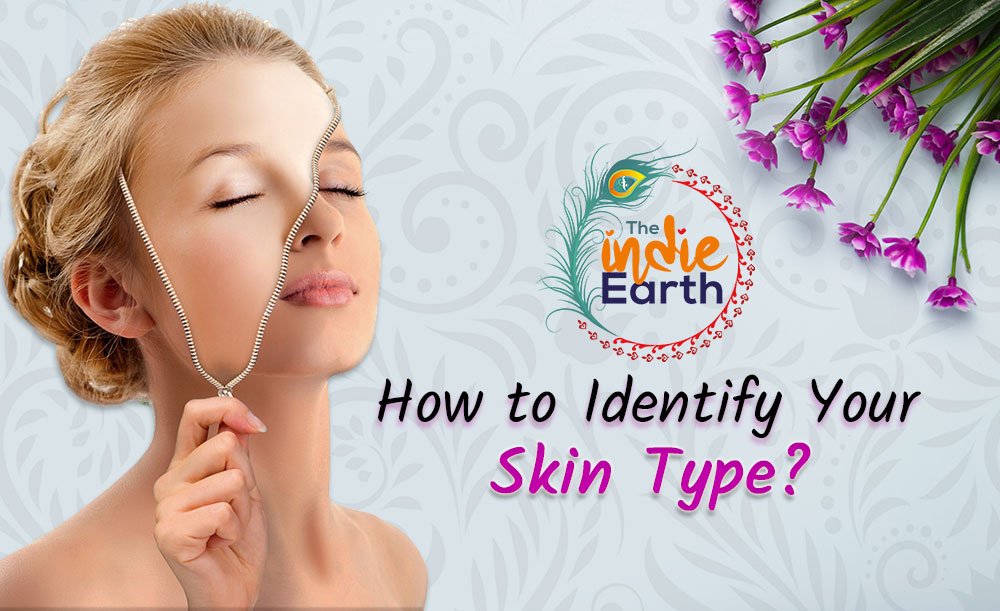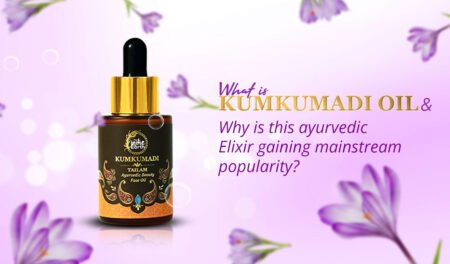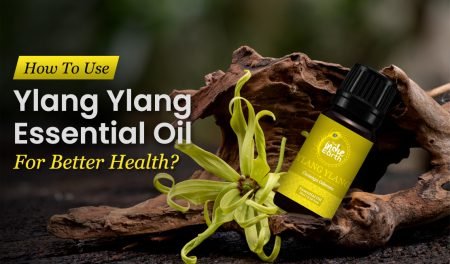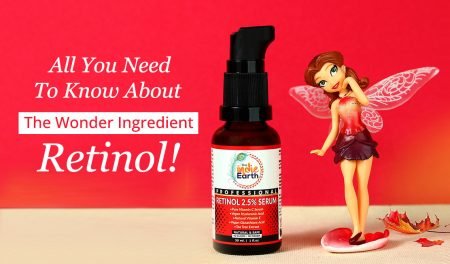How to Identify Your Skin Type
Skincare Regimen is an art and a science which is something we all can learn easily. To take care of your skin, it is essential to know the type of your skin if you aspire for healthy and flawless skin. When you know your skin, you would know the right Products to use and customize a skincare regimen that will work the best for you.
The skin type you have is determined by the following factors –
- Content of water in your skin which affects the elasticity and comfort of your skin
- Amount of oil in your skin which affects its softness
- The sensitivity of your skin
No doubt that everyone’s skin type is unique, however, there are skin types that may help you to identify where your skin fits the maximum. The major types of the skin include – normal, oily, dry, combination, acne-prone, and so on among others.
The most important question to address is how to identify your skin type. Even though it might seem impossible to differentiate among the skin types.
For your simplification, we’d be enlisting the basic skin types and tell you how to identify them.
Normal Skin

When you have normal skin, you don’t experience any breakouts. The skin doesn’t react negatively to weather changes or new products. You usually don’t feel like the constant need to moisturize or blot oil from your face all day long. The skin you have is firm with minimal fine lines and wrinkles. With normal skin, you experience no sensitivity, dryness, or oiliness.
When you have normal skin, your skin bears almost most of the ingredients which means you can try almost any products until you find what actually works for you.
Oily Skin
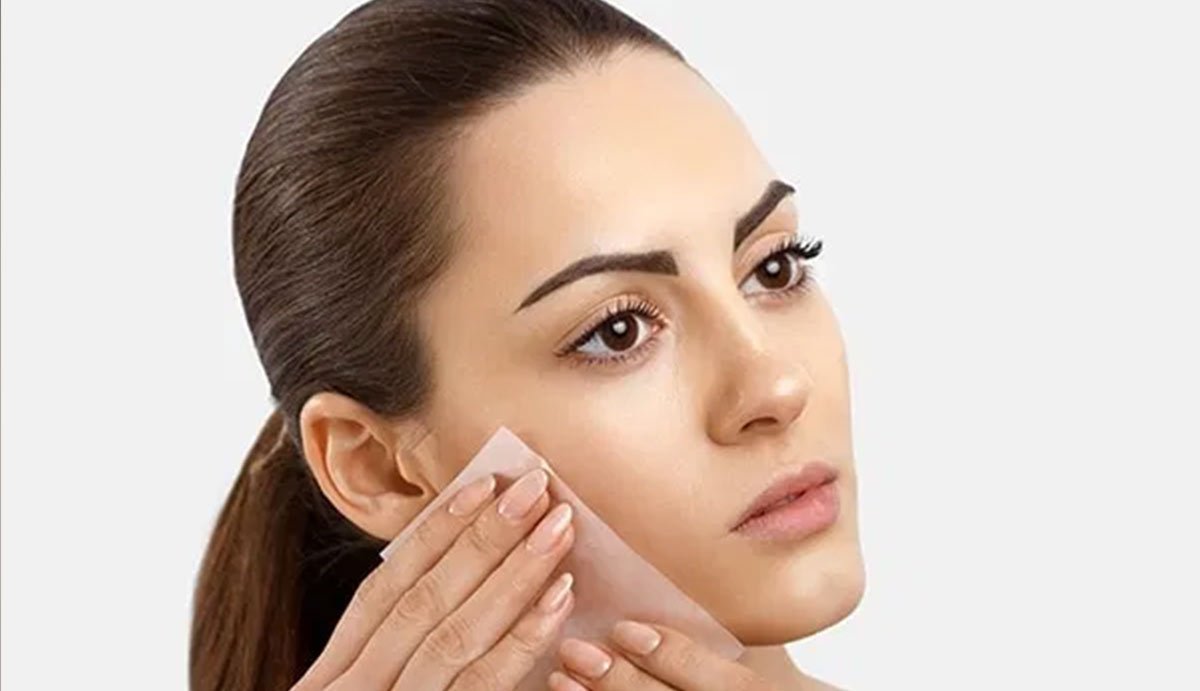
When you have oily skin, your skin seems to be glowing. You usually find that Skincare Products and makeup don’t always stay put like you want them to do.
For those with oily skin, shine control is the topmost concern. There can be benefits to oily skin such as fewer wrinkles, however, you must avoid using ingredients such as mineral oil, petrolatum, and alcohol.
Make sure that you don’t over-wash your face as drying out pores can cause them to produce more oil to compensate.
Dry/Dehydrated Skin

Having dry and dehydrated skin are two separate concerns, however, the symptoms are more or less similar.
- Dryness is caused as a result of a lack of oil in the skin. Some of the symptoms include flakiness, sensitivity, cracks, and itchiness. The causes of dry skin can range from lifestyle factors to environmental factors. It can also be caused in a chronic condition such as eczema or related conditions.
- Dehydration can be caused when your skin does not retain enough moisture. It is possible for your skin to feel tight, fine small lines with a papery appearance when your skin is pinched together.
Combination Skin
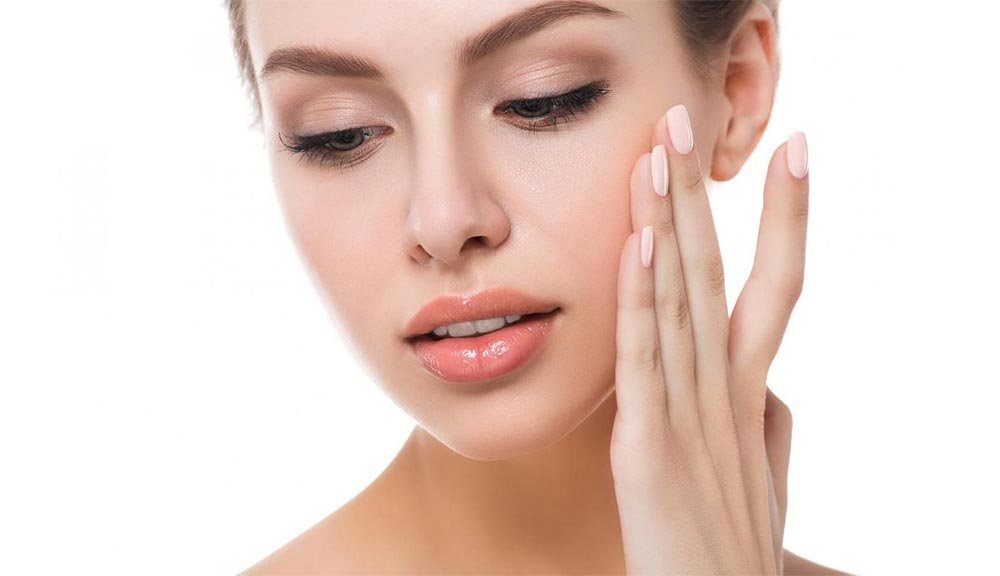
When it isn’t easy for you to identify the type of skin you have, it is most likely that you have a combination. It is likely that you experience dryness in certain areas of your skin while oily in others.
The easiest way to identify a combination is easily definable by an oily t-zone and dry/normal skin on the rest of your face.
To maintain such a type of skin, you must maintain a balance between ingredients for dry skin and oily skin.
Acne-Prone Skin
If you get breakouts that never seems to go away, it is likely that you have acne-prone skin. This means that pores on your skin tend to clog easily, which further makes you more susceptible to whiteheads, blackheads, or pustules than other skin types. It is possible that you have dry or oily skin and be prone to acne as well.
Other symptoms of such a condition include flushing, prominent blood vessels, thickened skin, or stinging or burning.
You can use cleansers specifically formulated to treat acne as well as exfoliates and moisturizers to minimize breakouts.
The Indie Earth Nimbadi range is specifically designed to suit the acne-prone skin. These products not only help in curing the acne but also lighten the acne marks and prevent acne from re-occurring.
Sensitive Skin

The causes of skin factors can be genetics, environmental factors, or allergies. The signs of this skin type are skin which flushes easily, frequent rashes and bumps, burning or stinging after using a Skincare Product, negative reaction to fragrance, or patches of dry, flaky, or irritated skin.
You must be very careful while choosing cosmetics since you are prone to redness, irritation, stinging, burning, or acne breakouts. You should try and look for products with fewer additives and look for those with calming, healing, or anti-inflammatory properties.
Mature Skin

It is true that everyone’s skin age at its own pace, however, the signs are more or less the same. When your skin ages, you might spot a few wrinkles, more dryness than before, sagging, Dark Spots, dullness, and dehydration.
For such a type of skin, you are required to tackle damage of the past and future. You can begin with an anti-aging routine any time with restorative treatments, which boosts collagen as well as provides protection from environmental aggressors and cell turnover.
Bottom Line
Regardless of your skin type, you must follow a strict skincare regimen to make your skin look healthy and glowing all the time. The Indie Earth offers a wide range of Skincare Products that are suitable for different skin types. Explore the entire range and pick up the ones which match your skin type.

